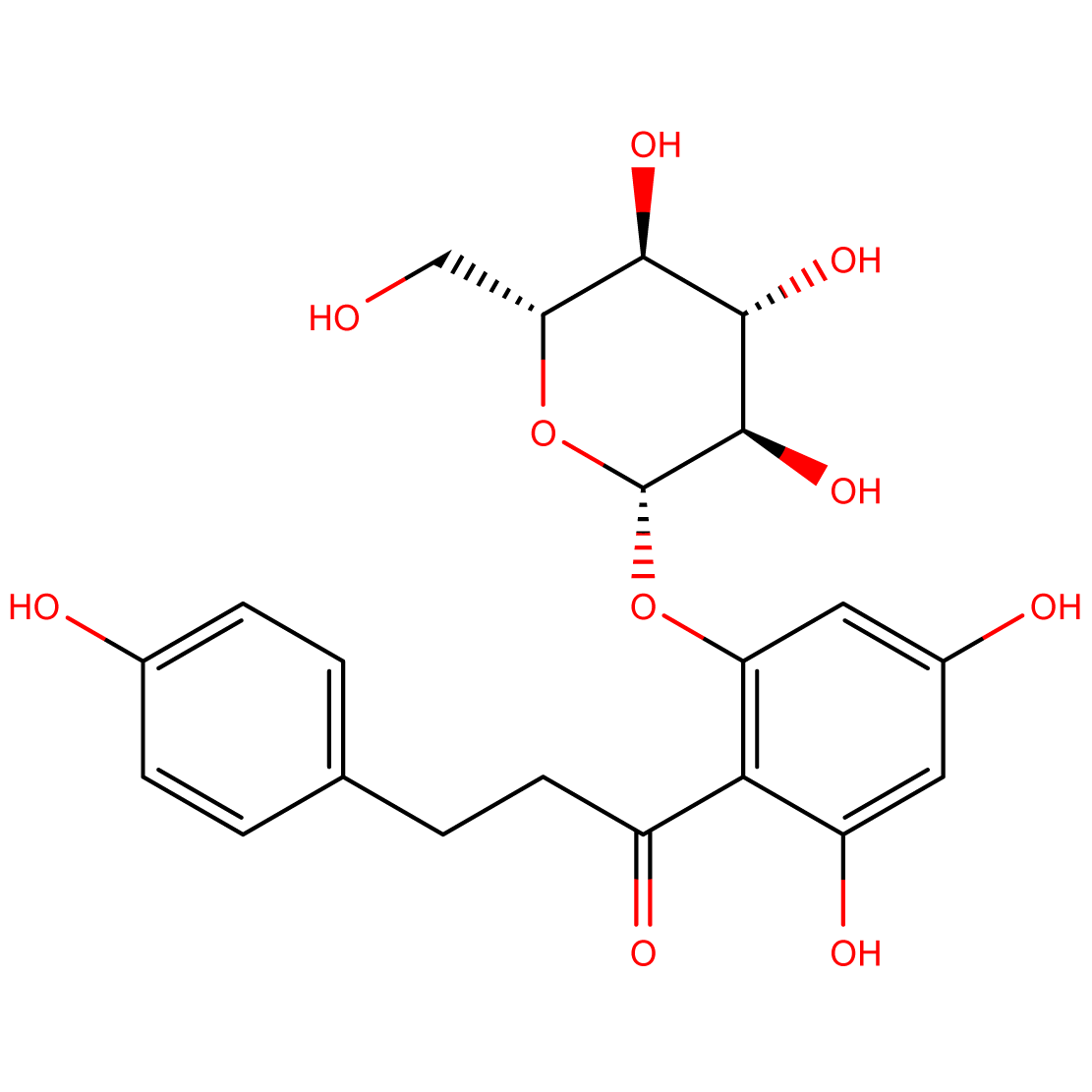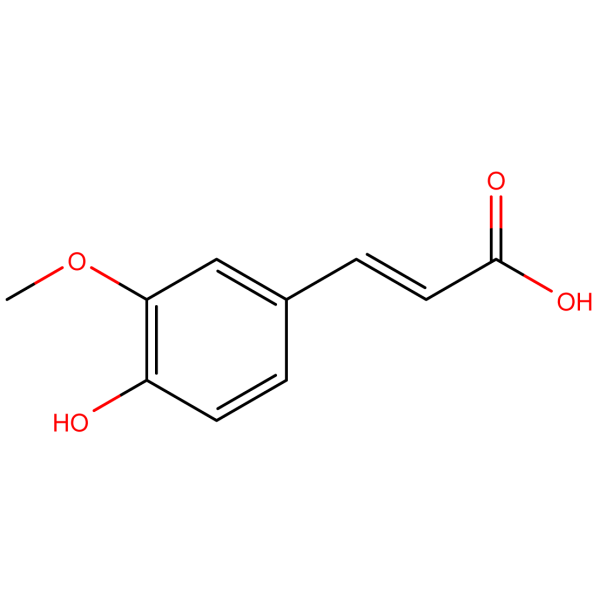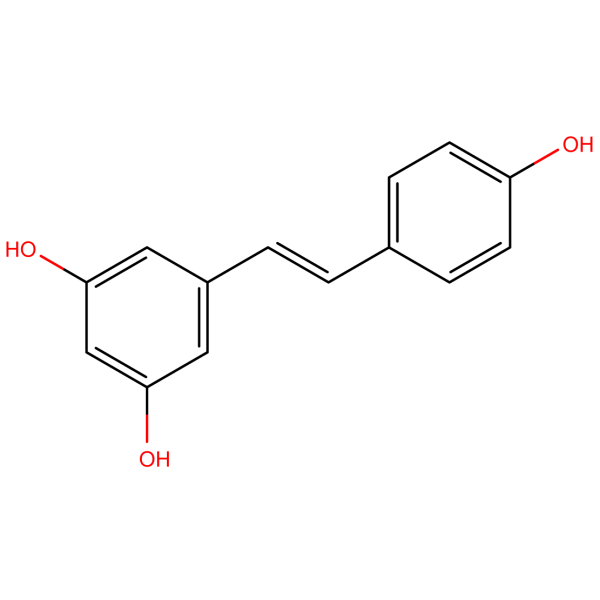Phlorizin (CAS 60-81-1): Potent Natural SGLT Inhibitor for Advanced Diabetes Research
1. Molecular Identity
- Chemical Name: 1-[2-(β-D-Glucopyranosyloxy)-4,6-dihydroxyphenyl]-3-(4-hydroxyphenyl)-1-propanone
- CAS Number: 60-81-1
- Source: Naturally occurring in apple tree bark and other plant sources
2. Biochemical Significance
Phlorizin (CAS 60-81-1) is a natural dihydrochalcone with potent sodium-glucose cotransporter (SGLT) inhibitory activity. Its unique molecular structure contributes to its ability to block glucose reabsorption in the kidneys, making it a compound of significant interest in diabetes research and metabolic disorder studies.
3. Key Properties of Phlorizin (CAS 60-81-1)
- SGLT Inhibition: Demonstrates strong inhibition of sodium-glucose cotransporters
- Antihyperglycemic: Shows potential in reducing blood glucose levels
- Antioxidant: Exhibits free radical scavenging capabilities
- Potential anti-cancer: Indicates efficacy against certain cancer cell lines
4. Potential Research Applications
- Diabetes and metabolic disorder studies
- Renal glucose handling investigations
- Obesity and weight management research
- Cancer metabolism studies
5. Current Research Focus
Ongoing studies are investigating Phlorizin’s effects on:
- Glucose homeostasis and insulin sensitivity
- Renal glucose reabsorption mechanisms
- Metabolic pathways in various tissues
- Cancer cell glucose uptake and metabolism
6. Formulation Challenges and Innovations
Researchers are actively working on:
- Enhancing bioavailability through novel delivery systems
- Developing stable formulations for various applications
- Creating synthetic analogs with improved pharmacological profiles
7. Regulatory Considerations
Phlorizin (CAS 60-81-1) is primarily used in research settings. Its development for specific therapeutic applications would require comprehensive safety and efficacy evaluations to meet regulatory standards.
8. Future Research Directions
The scientific community anticipates:
- Advanced clinical trials for diabetes and related metabolic disorders
- Exploration of Phlorizin’s potential in combination therapies
- Investigation of its long-term effects on renal function and glucose metabolism
9. Collaborative Opportunities
We invite endocrinologists, nephrologists, oncologists, and academic institutions to explore the research potential of Phlorizin. For inquiries, collaborations, or to discuss how this compound can benefit your research projects, please contact us at sales@nstchemicals.com.
Join us in advancing biomedical research with Phlorizin (CAS 60-81-1) – a powerful natural SGLT inhibitor at the forefront of diabetes and metabolic disorder research strategies.



